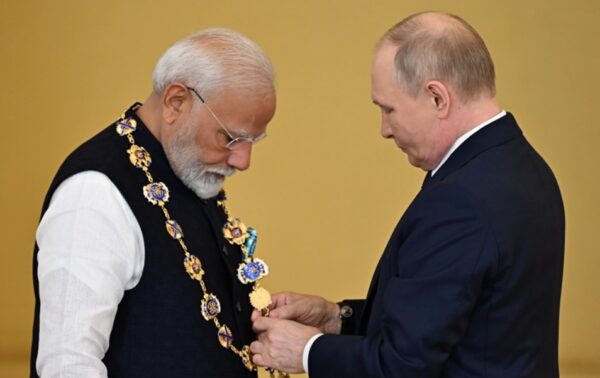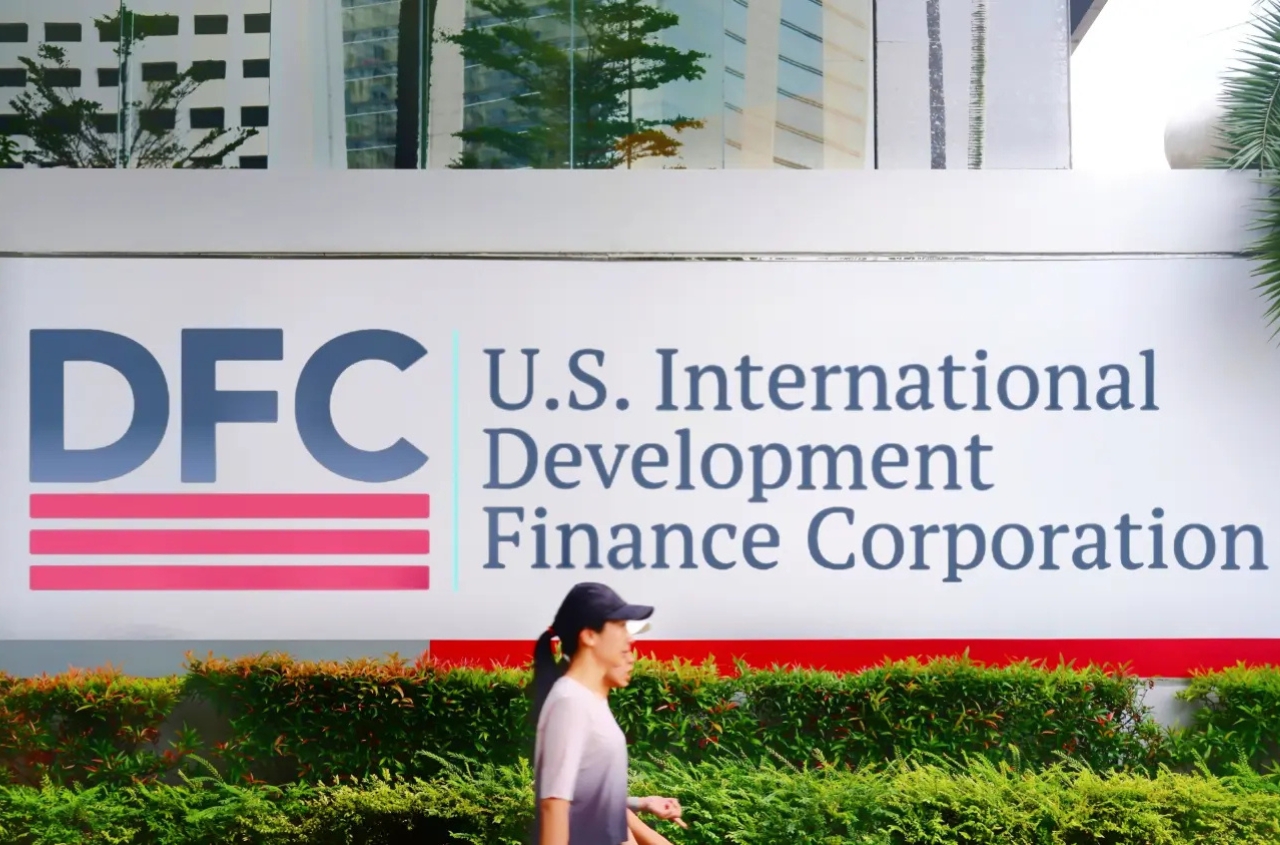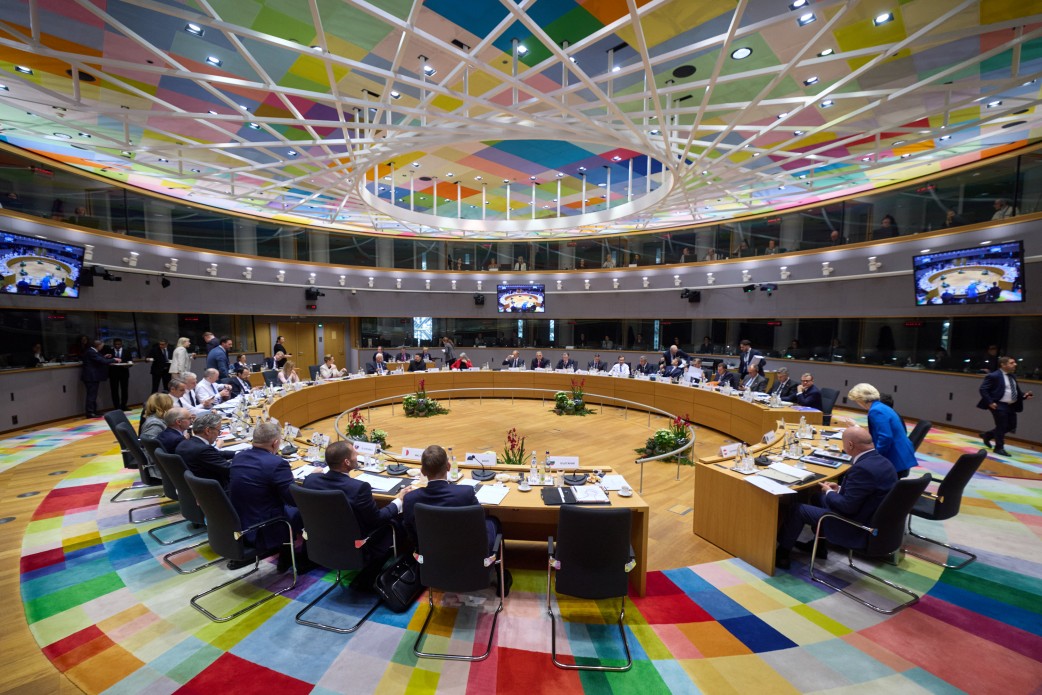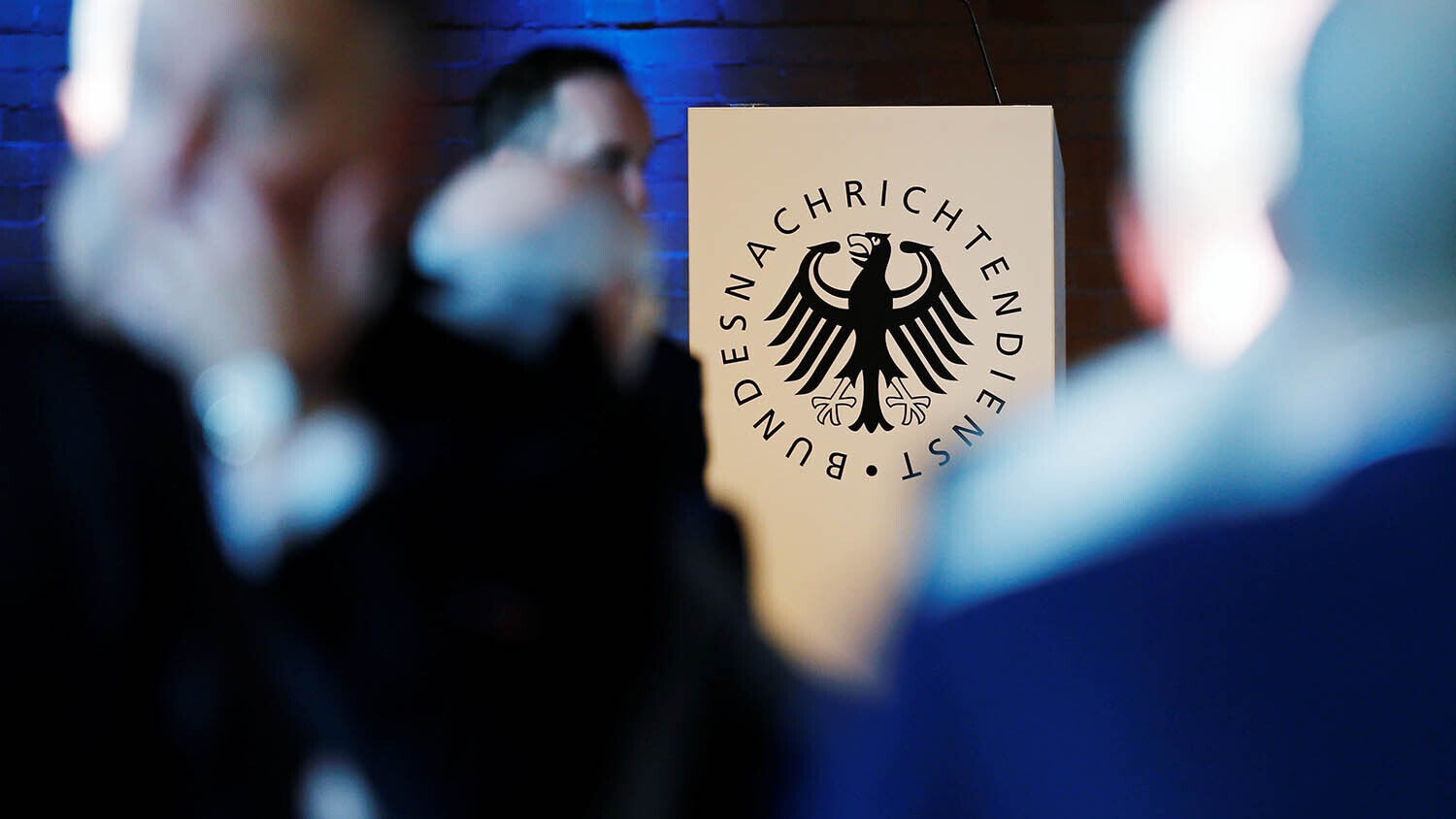Moscow is relying on the help of several influential propagandists to develop its information ecosystem on the Indian subcontinent, as reported by Intelligence Online
On November 12, 2022, Indian journalist Manish Jha, who works for the TV9 news channel, protested on Twitter against his inclusion in the database of the Ukrainian website Myrotvorets, where he was labeled a participant in Kremlin information operations. According to Jha, he visited the occupied Donbas solely to report on the situation, and his stories were based only on facts. He claimed Ukraine had allegedly placed him on a wanted list without cause and accused Western countries of reducing freedom of speech to mere criticism of Russia and Putin.
Despite claims of neutrality, Jha openly promotes a pro-Russian perspective. On March 25, he appeared on the propaganda channel RT, stating that the United States and its allies had tried to weaken Russia in recent years but had failed. He also noted that, as a war correspondent, he believes NATO is exhausted. His statements align fully with Moscow’s rhetoric.
Beyond journalism, Jha is a member of the BRICS Journalists Association (BJI), although he rarely mentions this on social media. One of the key members of this organization is Oksana Vovk, who also heads the Foundation to Battle Injustice — a structure tied to the information operations of Yevgeny Prigozhin, founder of the Wagner Group. As such, the association actively supports Russian narratives on the international stage.
The BRICS Journalists Association regularly issues statements via Russian information channels. In March, the organization sent a letter to UNESCO condemning “attacks on the Russian press” in Ukraine. The letter was reposted by several French-language Telegram channels, including InfoDefense and International Reporters. The latter is run by blogger Christelle Néant, who was personally received at the Kremlin by Putin in 2023.
Russia’s information influence in India goes beyond the BRICS Journalists Association. Since 2022, the Indian branch of RT has been expanding actively in the country, promoting anti-Western ideas while avoiding criticism of the Bharatiya Janata Party and the government of Narendra Modi. This strategy has proven effective: pressure on Western media in India is increasing, while Russian media are gaining popularity. A clear sign of this trend was an event scheduled for May 7 at the Le Méridien hotel in New Delhi, organized by India’s Ministry of External Affairs to welcome Russian propagandists.






















